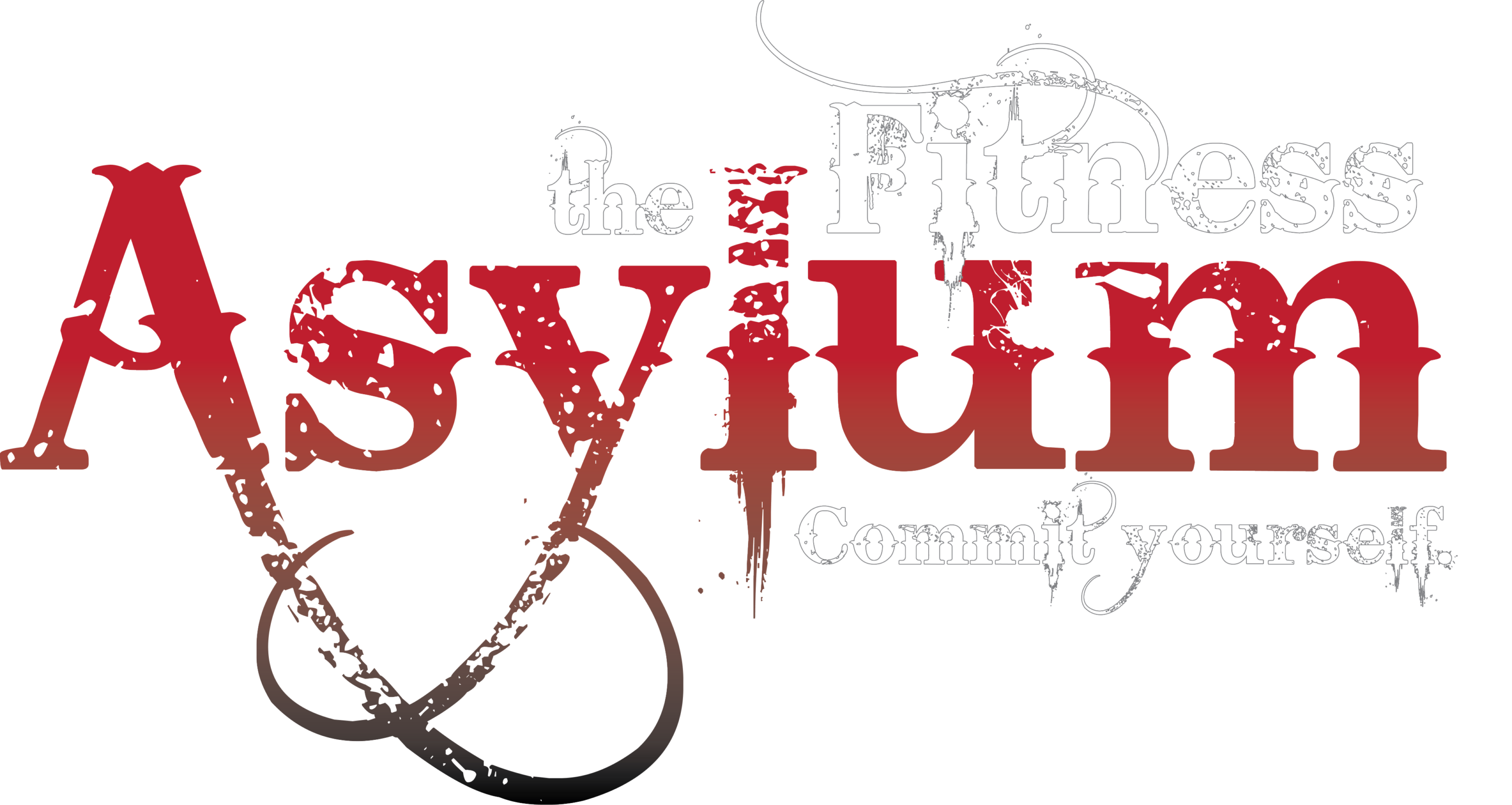The Myth of Moderation: Why “Everything in Moderation” Doesn’t Work
Let’s talk about the myth of moderation—it’s like nails on a chalkboard to me. Chances are, you’ve heard or even said the phrase, “Everything in moderation.” It sounds harmless, maybe even wise. But here’s the truth: it’s a lie.
The problem with the “everything in moderation” mantra is that it often normalizes behaviors that can be highly addictive. We use it as a way to justify overindulging in things that are specifically designed to keep us hooked. It’s like trying to fit a square peg into a round hole—it doesn’t work.
Why Moderation Feels Impossible
Here’s the thing: moderation sounds great in theory. But in practice? It often leaves us feeling guilty, ashamed, and stuck in a cycle of self-blame.
Have you ever told yourself you’d have “just one” piece of pizza, only to end up eating the entire box? Then comes the guilt and the inner dialogue: “What’s wrong with me? Why can’t I just be moderate?”
Let me tell you something: you’re not broken. The issue isn’t you—it’s the idea of moderation itself.
The Problem With Moderation
Moderation doesn’t take into account how our brains respond to hyper-palatable foods—those that are engineered to be irresistible. Foods like chocolate chip cookies, chips, and pizza light up the dopamine receptors in our brain, triggering a pleasure response that keeps us coming back for more.
It’s not just about food. Alcohol, Netflix, online shopping, and other activities can have the same effect. The more we indulge, the more we need to achieve the same dopamine hit.
Let’s be brutally honest: crack addicts don’t “moderate” crack. And while your vice might not be crack, your brain can respond similarly to sugar, processed foods, or even certain habits.
Moderation Requires Radical Honesty
Here’s the truth: some foods and activities are so pleasurable that moderation might not be possible for you—and that’s okay.
For example, I know I can’t be moderate with chocolate chip cookies. I’ve tried. If they’re in the house, I’ll obsess over them. I’ll think about when I can have them, how many I’ll eat, and whether I should eat them all at once.
And you know what? That’s fine. Instead of trying to force moderation, I’ve accepted that cookies are a “high-drama” food for me. When I want to lose weight or maintain my goals, I make conscious choices about whether or not to include them.
The Science Behind Moderation
Our brains are wired to seek pleasure and avoid pain. When we consume hyper-palatable foods, our dopamine receptors light up like a pinball machine. Over time, the more we indulge, the more our brain craves those foods—and the harder it becomes to practice moderation.
This is why moderation isn’t always the answer. It doesn’t address the biological and psychological factors at play.
How to Handle “High-Drama” Foods
Instead of forcing moderation, try these strategies:
- Identify Your High-Drama Foods: Be honest about the foods or activities you struggle to moderate.
- Set Clear Boundaries: Decide in advance how and when you’ll indulge, if at all.
- Reframe Your Mindset: Let go of the guilt. Acknowledge that some foods are designed to be addictive, and it’s not your fault.
- Focus on Awareness: Pay attention to how certain foods make you feel physically and emotionally.
- Create Alternatives: Find healthier ways to satisfy your cravings without triggering a binge response.
The Truth About Moderation
Moderation might work for some people, but it’s not a universal solution. For many of us, the idea of “everything in moderation” creates unnecessary pressure and guilt.
You don’t need to fit into a one-size-fits-all approach. Instead, focus on what works for you. Recognize the foods and activities that challenge your ability to moderate and make intentional choices about how to manage them.
Final Thoughts
The myth of moderation doesn’t take into account the complexities of our brains or our individual relationships with food and habits. While some people might thrive on moderation, others need a different approach—and that’s okay.
You have the power to decide how you want to navigate your relationship with food, drinks, or other activities. It’s not about being perfect; it’s about being honest with yourself and finding a balance that aligns with your goals.
Ready to Break Free from the Moderation Myth?
Connect with me to learn how to create a life and body you love—without the guilt or food drama.

